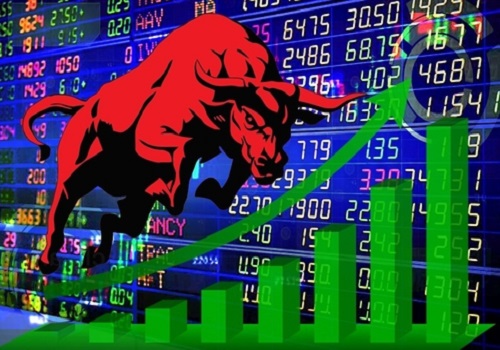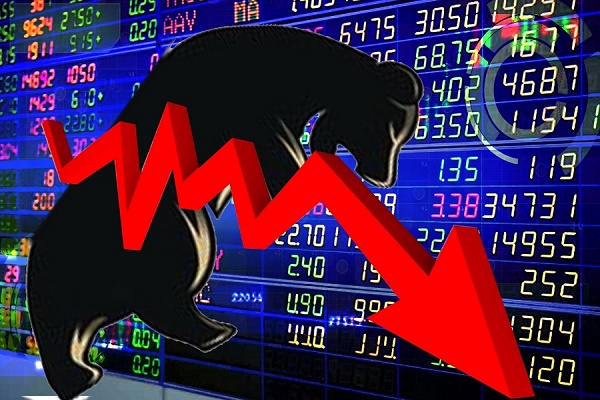Equity Markets Poised for Growth – Is Your Portfolio? By Chirag Mehta and Ghazal Jain, Quantum AMC

Where are the equity markets headed?What are the growth drivers for the Indian economy? Should investors be worried about the high inflation? How could investors participate in this equity market? These were a few of the questions answered at a webinar conducted by Quantum Mutual Fund on July 22, 2022, where Chirag Mehta, the CIO of Quantum Mutual Fund, and Hitendra Parekh, Fund Manager, shared insights about how investors can ride the India growth story.
Chirag Mehta, CIO, Quantum Mutual Fund said, ‘What caused nervousness among Investors was the rising global inflation that got exacerbated by the Russia-Ukrainewar and that led to increase in commodity prices including food and energy. The higher inflation compelled central banks across the world including the RBI to increase interest rates.”
Regarding FII outflows Chirag noted, “When we see that interest rates move up, there are outflows byforeign investors from emerging market economies back to the developed market to take advantage of the higheryield it offers. Foreign investors pulled out significant amounts of money – around 28 billion dollars from the Indian equity markets. However, if you comparedthis to the market crash of 2008, though FIIs pulled out close to 12 billion dollars, markets fell by 60 % in dollar terms because, in that year, domestic investors were buyers to just the tune of three billion dollars. If you fast forward it to this year, domestic investors were 30 billion dollars and that has supported markets, leading to a fall of just 9%. So, the FII outflows were well countered by domestic buying. If you look at India, investors are under-allocated to equities and they have been increasing their exposure to equities over the last few years. Domestic investors are using this decline to build in their allocation.”
Regarding the impact of inflation, Chirag said, “Since inflation was very well entrenched, that led tohigher input costs andtherefore profitability takes a hit.So, equity markets saw a good declinefrom the bull run that we saw post-Covid. However, over the long term, India is on the cusp of an economic revival that will continue atleastfor the next two-three yearskind of time frame. Butover the near term, you may see that inflation will lead to an impact on profitability maybe over the next two quarters. Companieswill gradually pass on the price increases to the consumers and get back to the normalized margins and therefore, normalized profitability.”
“Oneimportant barometer that could have an impact on inflation is the agriculturaloutput.If we continue to have a good monsoon, thatmay likely lead to a good agricultural output leading to further fall in inflation,” he added.
“One of the biggest drivers in the growth levels isthepickup in hiring in ITcompanies. This will have a multiplier effect on the economy because when people get into well-paying jobs they'll buy houses, cars, two-wheelers, etc.They will consume more services and that leads to more growthin the economy.
The second lever is the residential real estate activity picking up.One of the important reasons for the market revival is the affordabilityratio increasing significantly.So, if you look at the EMI to income ratio, that is thenear the best that we have seen over the last 20 years.Although with rising interest rates, theinterest rates may inch higher, that is not going to significantly dent the affordability ratio.
The third important lever is robust tax collections which have been inching higher and that will boost capital expenditure by the Government.“said Chirag
Regarding the opportunity to invest Chirag said, “On the valuation front, so if you look at the long-term average, the markets havecome off from the highs to reasonable levels.This tells you that markets are not much in that expensive zone. Any decline from here will again be a great opportunity because that will make markets even cheaper than what they have been on average.”
“So, from a market standpoint, it's a good time to allocate to markets, especially when we are seeing earnings growth momentum continue.Consider equities as an important allocation of your portfolio as itdoes translate into meaningful returns over the long run, giving you that edge over inflation andhelping increase your standard of living.Instead of trying to time the market, it is better to invest on an average and accumulate overa periodusing an SIP (systematic investment plan) that will still help you generate risk adjusted returns. It's better to take advantage of the rupee cost averaging and invest at all levels and build your allocation to helpyou for long-term wealth creation,” he added.
“Though equities are important, you must remember that you need to diversify across asset classes and use a 12:20:80asset allocation strategy which means that 12months’ worth of expensesshould be kept safe - you could use a liquid fund that does not take credit risk or anything that you think is a safe place and after that, any money that you have can be split 80% to equities and 20% into gold. This suggested allocation has worked very well in different time frames, be it the Covid crisis, taper tantrums,or be it the global financial crisis,” said Chirag.
“Allocation can be achieved in two ways, either you build it the active way through the active funds, or you could build it the passive waythrough passive funds.So, when you are going through the passive way, you have two options - either you can build the core allocation in Nifty 50 through an ETF, or through a fundof fund that invests in the Nifty 50 ETF.
What we are trying to do at one end is that ETFs are efficient vehicles, at the other end investors want the convenience of an index fund. The new fund offer – India’s First Nifty 50 ETF fund of fund marries the two and gives you the best of both worlds,” he concluded.
Regarding why Quantum has preferred the Nifty 50 to passively manage both the Quantum funds, Hitendra Parekh said“the Nifty 50is one of the prime indices of India as wellas the national stock exchange.The Quantum Nifty 50 ETF tracks/ replicates Nifty 50 companies and has a proven track record of 14 years and counting. Thus it gives you market linked returns while keeping your cost of investing low and offer you liquidity. The fund offers exposure to broad diversified portfolio of large caps and facilitates long-term wealth creation.”
Investors of Quantum Nifty 50 ETF Fund of Fund (Scheme) will bear the recurring expenses of the Scheme in addition to the expenses of Quantum Nifty 50 ETF.
Above views are of the author and not of the website kindly read disclaimer
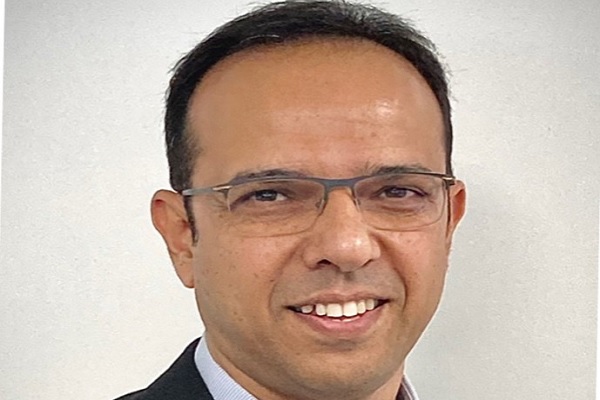
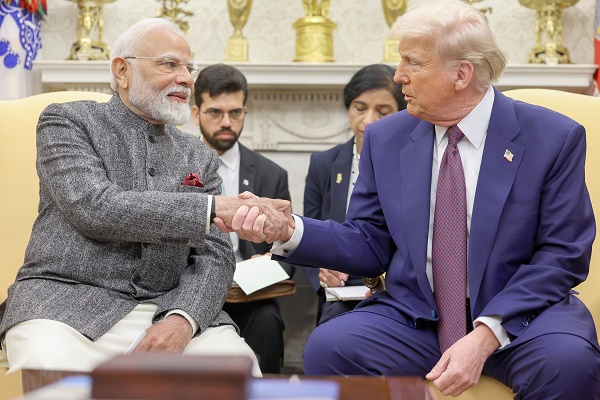
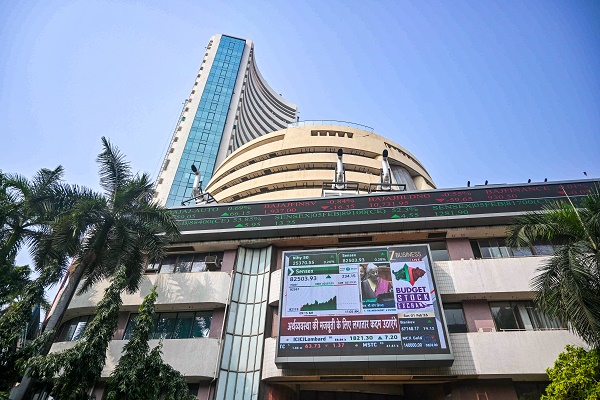

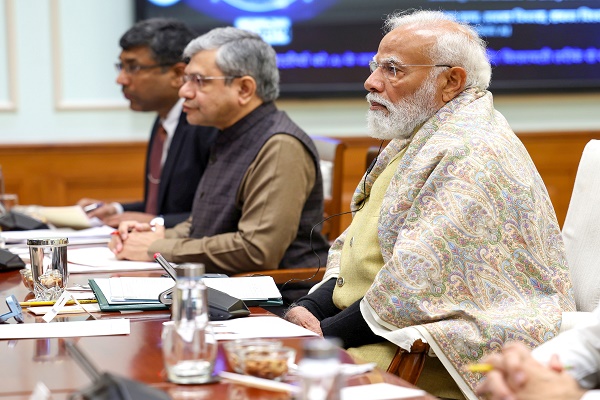

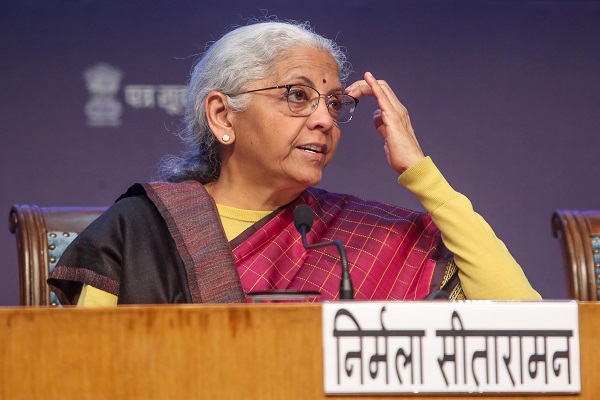

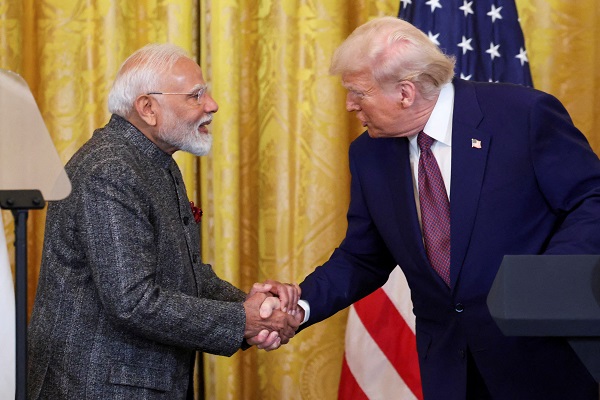
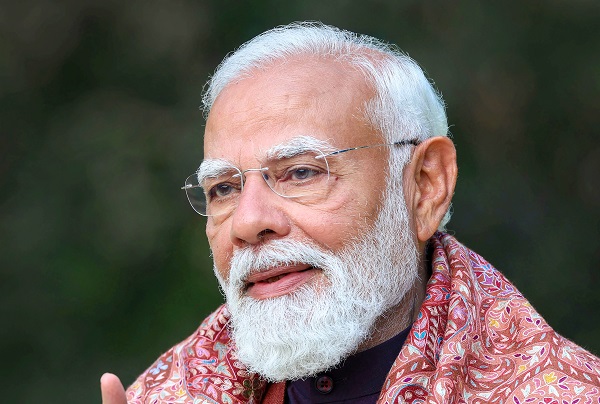
Tag News
More News

Quote MoD inks INR 62,370 Cr order with HAL for 97 LCA Mk-1A by Putta Ravi Kumar Analyst ? D...






